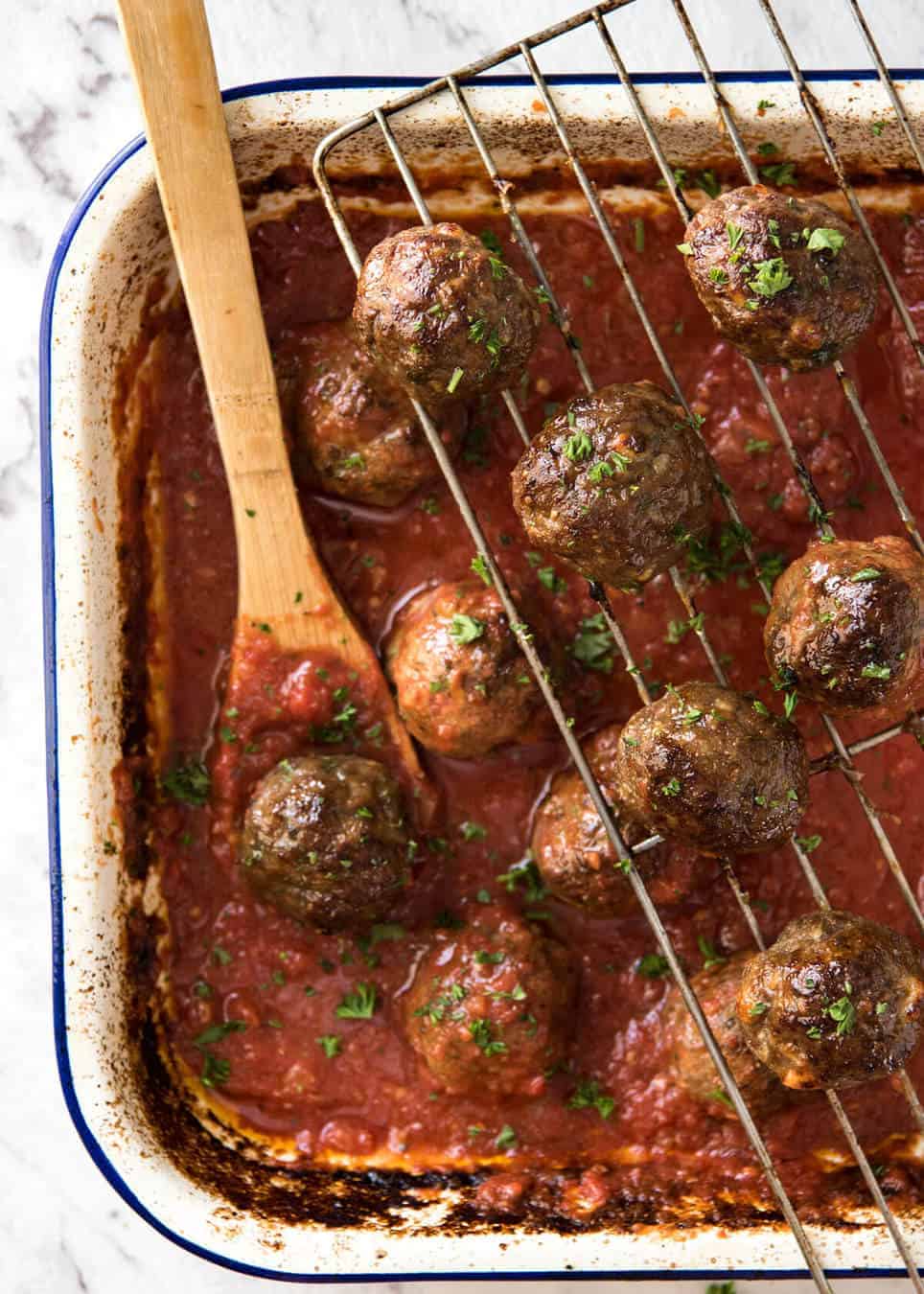
Essential Guide to How to Store Coffee Beans for Freshness
When it comes to enjoying your daily cup of coffee, the importance of proper coffee storage cannot be overstated. Whether you're a casual coffee drinker or an avid enthusiast, understanding how to store coffee beans is crucial for maintaining their flavor and freshness over time. In this guide, we will explore various methods and strategies for optimal coffee storage techniques that ensure your coffee stays delicious and aromatic.
Keeping coffee beans fresh requires attention to several factors, including light exposure, temperature, and humidity. By following the best practices for storing coffee, you can significantly extend the shelf life of your beans, allowing you to enjoy every brew at its peak flavor.
Throughout this article, we will cover essential tips on coffee bean preservation, the best types of containers for storage, and how to prevent staleness in your coffee. We'll also provide insights into different storage solutions, ensuring that your coffee remains fresh, flavorful, and aromatic for as long as possible. Let's dive into the world of coffee storage!
Key takeaways include understanding the importance of airtight containers, the effects of light and humidity on coffee quality, and practical tips for maintaining your coffee’s freshness.
Understanding the Basics of Coffee Storage
Building on the importance of proper coffee storage, let's explore the fundamentals of keeping your coffee fresh. Coffee beans, particularly roasted ones, are highly sensitive to environmental factors that can rapidly degrade their quality. The primary culprits of coffee degeneration include air exposure, light, humidity, and temperature fluctuations.
How Air Affects Coffee Quality
One of the most damaging elements for coffee beans is air, specifically oxygen, which causes oxidation. This process leads to the loss of flavor and aroma over time. To combat this, investing in airtight coffee storage solutions is crucial. Containers that seal tightly can greatly reduce the amount of air that comes in contact with your coffee beans, preserving their freshness.
Light Exposure and Coffee Freshness
Just as air is detrimental to coffee beans, so too is light exposure. Ultraviolet light can break down the compounds that contribute to coffee's flavor and aroma. Therefore, it is essential to store coffee beans in opaque containers that shield them from light. This simple change can significantly prolong the freshness of your coffee.
Humidity Control in Coffee Storage
Humidity is another critical factor in coffee preservation. High humidity can lead to mold growth and spoilage, while low humidity can cause the beans to lose moisture and flavor. Ideal coffee storage conditions involve a stable humidity level, typically around 30-50%, and choosing a suitable location for your coffee storage is paramount. Avoid places like the kitchen cabinet near the stove, where temperature and humidity fluctuate.
In summary, understanding how air, light, and humidity affect coffee quality will help you make informed choices in selecting the right storage method.
Best Practices for Coffee Storage Containers
With these fundamentals established, let's move on to selecting the best containers for coffee storage. The right container plays a significant role in maintaining coffee quality and extending its shelf life.
Airtight Containers for Coffee Preservation
Airtight containers are considered the gold standard for coffee storage. These containers prevent air from entering and causing oxidation. Look for options made from materials like glass or stainless steel and ensure they have a tight-sealing lid. Not only do they protect your beans from air, but they also prevent the unwanted absorption of odors from the surrounding environment, which can affect the flavor of your coffee.
Vacuum-Sealed Coffee Storage
For those who are serious about coffee preservation, vacuum sealing is an option worth considering. By removing air from the container, vacuum sealing virtually eliminates oxidation, thus maintaining the beans' freshness for an extended period. This method is especially beneficial for buying in bulk, allowing you to store larger quantities without sacrificing quality.
Choosing the Right Coffee Canisters
When shopping for coffee bean containers, consider their size and material. Smaller canisters are ideal for keeping a limited supply of coffee fresh, while larger containers may be suitable for bulk storage. You can also find specialty coffee storage jars that are designed to preserve coffee freshness while being visually appealing.
Incorporating proper coffee bean storage containers and methods will not only keep your coffee fresh but also enhance your brewing experience.

Exploring Advanced Coffee Storage Techniques
Taking this concept further, let's delve into some advanced techniques for optimal coffee storage. These methods not only benefit coffee aficionados but also help regular users maintain their coffee's flavor integrity.
How to Freeze Coffee Beans
If you have a substantial amount of coffee and are not planning to consume it quickly, freezing is a viable option. However, it’s essential to use vacuum-sealed bags or containers to prevent freezer burn and moisture migration. Before scooping out the desired amount, let the frozen beans sit at room temperature to minimize condensation, which can adversely affect the beans' flavor.
Storing Ground Coffee Properly
Ground coffee is even more susceptible to flavor loss than whole beans due to its increased surface area. For optimal freshness, only grind coffee immediately before brewing. If you must store ground coffee, use airtight containers and aim to consume it within a week to maintain the best flavor profile.
Seasonal Coffee Storage Strategies
Understanding the seasonal variations in coffee storage can help maintain quality. In warmer months, you may need to pay additional attention to humidity levels and avoid exposing your coffee to increased heat. Conversely, cooler months may allow for a more relaxed approach, but the principles of preventing oxidation and light exposure remain consistent throughout the year.
Employing advanced coffee storage methods will ensure that whether you are sipping a freshly brewed cup in summer or winter, your coffee remains delicious and aromatic.

Common Mistakes to Avoid in Coffee Storage
Connected to the topic of effective coffee storage are common pitfalls that many enthusiasts face. Being aware of these mistakes can prevent unnecessary spoilage and help maintain coffee quality.
Improper Container Choices
One of the most frequent mistakes is selecting the wrong type of container. Avoid transparent containers that expose coffee to light and those that do not seal properly. Instead, opt for opaque and airtight options that cater to the needs of coffee preservation.
Neglecting Storage Environment
Storing coffee in environments subject to temperature fluctuations, such as near ovens or in cabinets that experience high humidity, can cause rapid deterioration. Ensure you keep your coffee in a consistent environment that adheres to ideal temperature and humidity levels, emphasizing the importance of environmental factors on your coffee quality.
Failing to Rotate Coffee Beans
For those who buy coffee in bulk, make sure to rotate your beans. This practice ensures that the oldest beans are used first, preventing any from going stale or becoming unusable. By maintaining a proper rotation system, you can ensure you’re always enjoying fresh coffee.
Recognizing these common mistakes will help you to implement better practices towards your coffee storage methods.
Q&A Section: Coffee Storage Tips from Experts
Here are some frequently asked questions regarding coffee storage, along with insights from industry professionals.
What is the ideal temperature for coffee storage?
The optimal storage temperature for coffee is between 60°F and 70°F (15°C and 21°C). Keeping your coffee in a cool, dry place protects it from flavor loss due to heat.
How long can I keep coffee beans without them going stale?
Generally, whole coffee beans can maintain their freshness for 2 to 4 weeks after opening, provided they are stored properly. Ground coffee, however, should ideally be used within a week for maximum flavor.
Is it safe to store coffee in the refrigerator?
Storing coffee in the refrigerator is not recommended. The fluctuating temperatures can create moisture and lead to stale flavors. It's better to find a cool, dry place for storage.
For more information on coffee storage solutions, check out our detailed guide on coffee storage methods.
```